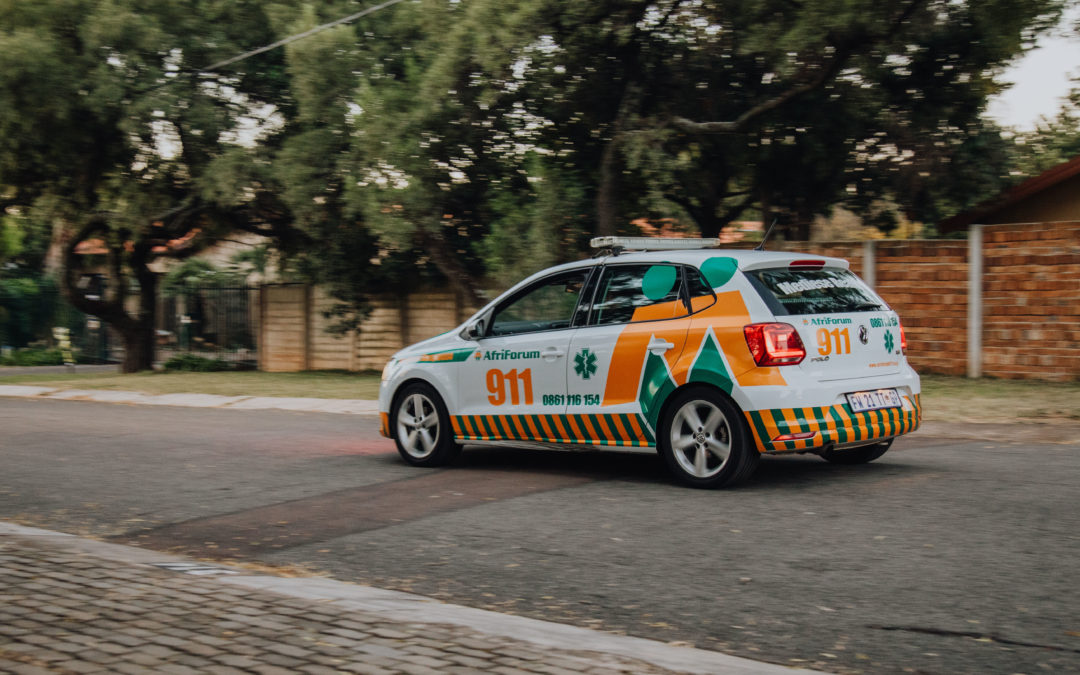By Marnus Kamfer, Legal and Risk Manager for Community Safety
The lives of all in South Africa completely changed on 15 March 2020 when the state of disaster was announced. Rights and privileges we took as granted were taken away overnight by regulations that came into operation with the imposition of the state of disaster.
This situation was aggravated and further rights were restricted when the current lockdown of 21 days was imposed on 23 March 2020. Suddenly everybody has to adapt. Working from home is the order of the day, residents of properties may leave such properties only in essential circumstances, and goods that used to be available freely are now severely restricted.
Furthermore, the current circumstances have a far-reaching effect on the safety of communities. The South African Police Service’s efforts have been successfully bolstered during the past number of years by security structures, including neighbourhood watches, undertaking patrols and other actions in an organised way to combat the high levels of crime.
With the compulsory lockdown period of 21 days these initiatives also seem to be under siege.
Neighbourhood watches, consisting of volunteers unselfishly sacrificing their personal time to promote communities’ preparedness within the framework of the law, have the ability, inter alia, to react quickly and efficiently to emergencies arising in their communities.
Local police stations are still relying on the much-needed assistance of these structures, but the usual efficiency of these structures is being reduced because they currently are not recognised by the regulations as an essential service.
However, AfriForum is engaged in talks with role-players at national level to allow neighbourhood watches to function as local crime fighting forces as in the past.
It may well be argued that the South African National Defence Force has been deployed to assist the police in this time and may plug the gap left by the neighbourhood watches. Reality is, however, that the defence force does not have the training or the necessary local experience to serve as an efficient crime fighting ally in the various communities, simply because this is not the primary function of the defence force. Neighbourhood watches are indispensable.
So where does this leave AfriForum’s 150 national security structures in the meantime?
At present, neighbourhood watches, like all other citizens, have to comply with the following provisions of the regulations in terms of the Disaster Management Act:
For the period of lockdown every person is confined to his or her place of residence, unless strictly for the purpose of performing an essential service, obtaining an essential good or service, collecting a social grant, pension or seeking emergency, life-saving, or chronic medical attention …
However, neighbourhood watches may still react to critical emergency calls, provided that the following requirements are met:
- An interest protected by law must be threatened.
- An attack must be imminently threatening or must already have started.
- The action performed by the neighbourhood watch member must be necessary to ward off the danger.
- The action performed by the neighbourhood watch member must be proportionately fair to the protected interest.
If someone in your community calls for your assistance, make sure the emergency complies with the above criteria before you react. Should you be prosecuted for contravening the regulations, you will have to prove in your defence that it was a critical emergency. If the incident does not comply with the above requirements, an alternative outcome should be pursued.
Talks that role-players such as AfriForum are having with the state in connection with regulations are bearing fruit, because the regulations are amended regularly following such talks. AfriForum will not stop providing its inputs in this regard with a view to improving the community’s safety.
Be strong, be prepared and make a point of creating hope within your community. We will get through this together.


